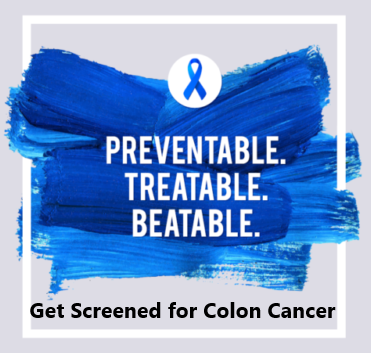In an alarming new trend, more than 15 percent of CRC sufferers now receive their diagnosis before the age of 50.
Colorectal cancer (CRC) is the fourth most common cancer in the United States and the second leading cause of death among cancers, affecting people of all racial and ethnic groups. It has traditionally been thought of as a disease of the elderly since it is most often found in people who are 50 years of age and older. However, there is a disturbing new trend that seems to challenge this conventional wisdom: more than 15 percent of CRC sufferers now receive their diagnosis before the age of 50.
While the overall CRC rates of incidence and mortality have gradually diminished—a trend that is largely attributed to the widespread screening of people who are 50 and older—younger people are increasingly among the sufferers of CRC. If these trends continue, researchers estimate that, by 2030, one in six colon cancers and one in four rectal cancers will be diagnosed in individuals younger than 50. By 2020 and 2030, the incidence rate of colon cancers will increase by 37.8 percent and 90 percent respectively for patients aged 20 to 34 years. Furthermore, the incidence for rectosigmoid and rectal cancers are expected to increase by 49.7 percent and 124.2 percent respectively for this same age group. Among people aged 35 to 49 years, the incidence rates are projected to increase at a slower pace: 27.7 percent for colon cancers and 46 percent for rectal cancers by 2030.
This increase in the prevalence of CRC among younger generations is an impending major public health problem for which the cause has not yet been discovered. Researchers know that some of the risk for CRC is inherited; behavioral factors, such as obesity and physical inactivity, may also play a major role. Obesity is a well-known contributor to CRC and its prevalence is on the rise in the US. Environmental aspects such as diet and gut microbiome are also big contributors. Since, as the saying goes, ‘we are what we eat’ and since gut microbiome is largely affected by the food that people eat and the medications they take, these factors heavily influence the prevalence of the disease. Western diets (high in red meat, junk food and processed meat and low in vegetables) have also been associated with an increased risk for CRC.
Unfortunately, current screening guidelines recommend against routine screening for average risk individuals younger than 50 years. Accordingly, younger patients are often diagnosed only after they become very symptomatic, especially since younger adults are less likely than older adults to be concerned about symptoms and to seek medical care. Indeed, based on patient population data, the American College of Gastroenterology has already recommended that African Americans begin screening at the age of 45, although the US Preventive Services Task Force has yet to endorse that recommendation.
PRACTICAL GOALS
While these new studies and findings may not warrant the immediate revision of current guidelines, they add important considerations to the discussion about the appropriate age for screening. More studies are needed to prove that screening healthy people at earlier age can be cost effective and worth the risk as well. Colonoscopy has risks and other alternative screening modalities such as stool tests (fecal occult blood tests, fecal immunochemical tests, and stool DNA tests) and radiologic imagings (double contrast barium enema, and CT colonography) are costly. It is imperative that these factors be considered.
Practically, doctors’ and patients’ biggest goal at this time should be to become more aware of the warning signs of CRC, including anemia, a significant change in bowel habits, and dark blood or blood mixed with the stools in bowel movements. Primary care physicians’ index of suspicion should increase to include a greater range of at-risk patients and doctors should broaden their differential diagnosis to include malignancy in the appropriate clinical setting, even among younger people.
To schedule your Colon Cancer Screening, please call Premier’s GI Division:
Poughkeepsie: 845.471.9410
New Windsor: 845.562.0740

